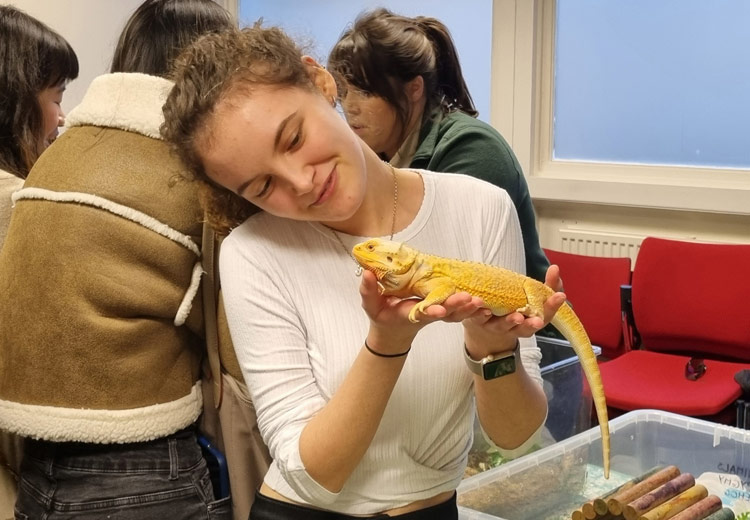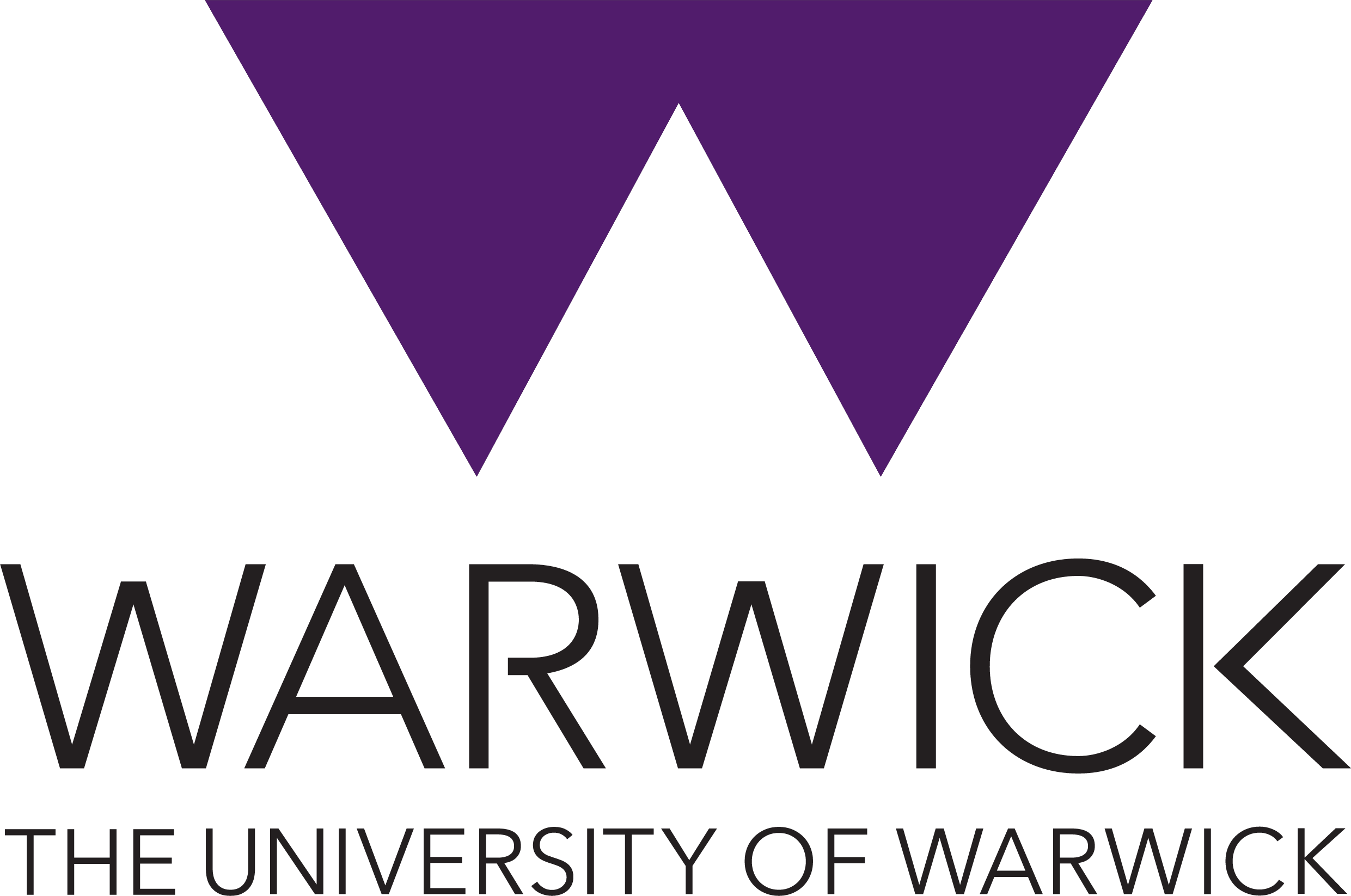Student-led programme drives community engagement at The University of Warwick

Sponsored by

Sponsored by

The University of Warwick’s We Are Chemistry initiative brings together students and staff to co-design activities that promote well-being
An innovative engagement programme at The University of Warwick has seen student communications increase in the last year, says Mike Ward, head of the Department of Chemistry at the university.
Many students struggled to adapt to the university environment after years of remote learning due to the Covid-19 pandemic. Students didn’t know what to expect in an academic context due to their limited experience with face-to-face tutorials and lectures. “It was becoming clear at the time that there was a big problem with student disengagement,” Ward remembers.
The award-winning We Are Chemistry programme run by the Department of Chemistry at Warwick began as an attempt to re-engage students. It soon evolved into an initiative to support students and their well-being through activities focusing on four main areas: feel good, learn more, have fun and get active. The programme includes a schedule of weekly events aimed at addressing students’ concerns, fostering a sense of community and allowing faculty to identify problems that could lead students to drop out.
When Tom Ritchie, director of student experience for chemistry, assumed the role in 2022, he reached out to past students who had dropped out in order to understand the reasons behind their decision. The subsequent We Are Chemistry programme collaborates and co-designs activities with enrolled students to ensure they are supported throughout their academic journey.
“Students are our best asset and everything good in this programme has come from their ideas. Instead of designing an entire programme and saying to students, ‘this will work for you’, we decided to design the programme with the students based on their specific interests,” he says. The faculty’s role has been to facilitate a space for students to engage with the university and identify what is working and what isn’t.
For example, former student Jessica Man worked with the faculty to transform the chemistry department’s student communication strategy. “With that kind of co-creation, we really started to see the benefits of people engaging,” says Ritchie. “It wasn’t me [a staff member] trying to speak to a student; it was authentically a student speaking to other students.”
Other initiatives included student-requested mock exams, which had a 90 per cent attendance. “I’ve never had a 90 per cent student turnout,” says Ritchie. Another out-of-the-box idea was a petting zoo where well-being officers were deployed to check in on students. “It’s a well-being check-in by stealth,” he says. The event stemmed from the idea that students are more likely to come to a petting zoo than a well-being event to discuss their concerns.
We Are Chemistry has shown great results. With a budget of £10,000, the programme has achieved more than 4,400 engagements this academic year, translating to an average cost of £2.24 per student interaction. Both Ward and Ritchie believe that the programme has had a positive effect on student outcomes and recruitment.
Ward, who has since become chair of the faculty, says he is excited to roll out similar programmes for different departments at the university, while acknowledging that there is no single template that fits all.
Ritchie holds a similar view. We’ve seen success because we tailored the programme to a specific group of chemistry students and their needs, he says. “It’s more about encouraging a student-led approach.”
Find out more about the We Are Chemistry programme at The University of Warwick.